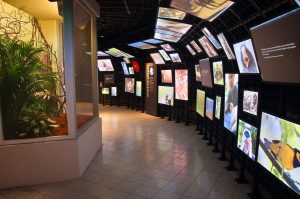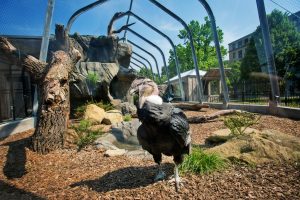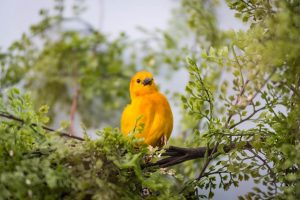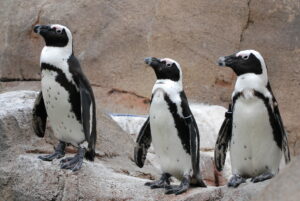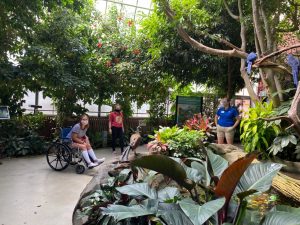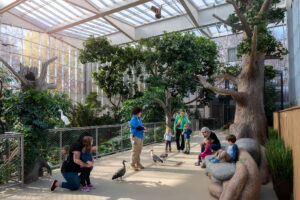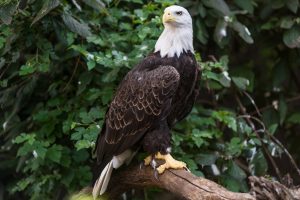Sensory Guide
The National Aviary is committed to creating an experience that is inclusive of and accessible to all of our visitors. This sensory guide provides an overview of typical sights, smells, and sounds in each room of the National Aviary. Our staff are trained in assisting those with sensory needs, and sensory backpacks are available at our Visitor Services Desk.
Download and print our 2025 Sensory Guide here.
Parking
There are spots reserved for those with accessibility needs. Our entrance is on Arch Street. If you require assistance getting to the entrance, please call our Visitor Services Desk at 412-323-7235.
When You Arrive…
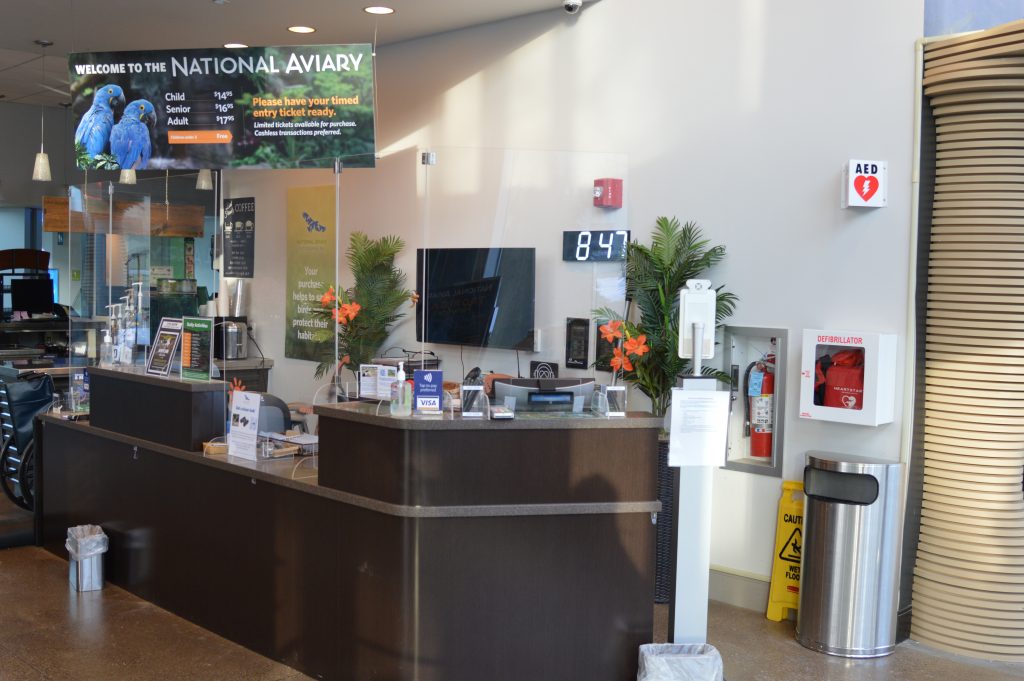
Our Arch Street entrance has two sets of doors that can open by an ADA-accessible button. You may need to wait in line to enter with your family or group. This area may be loud and crowded.
Getting a Sensory Bag
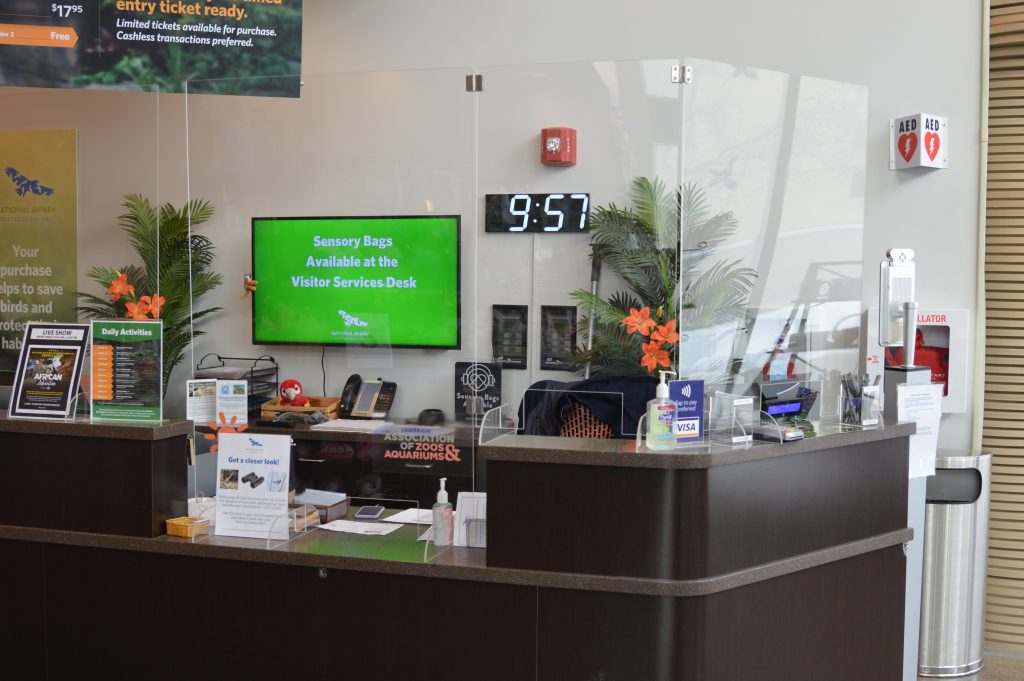
You can borrow a Sensory Bag from KultureCity, for free any day of the week. Sensory Bags are available at the Visitor Services Desk.
What is in a Sensory Bag?
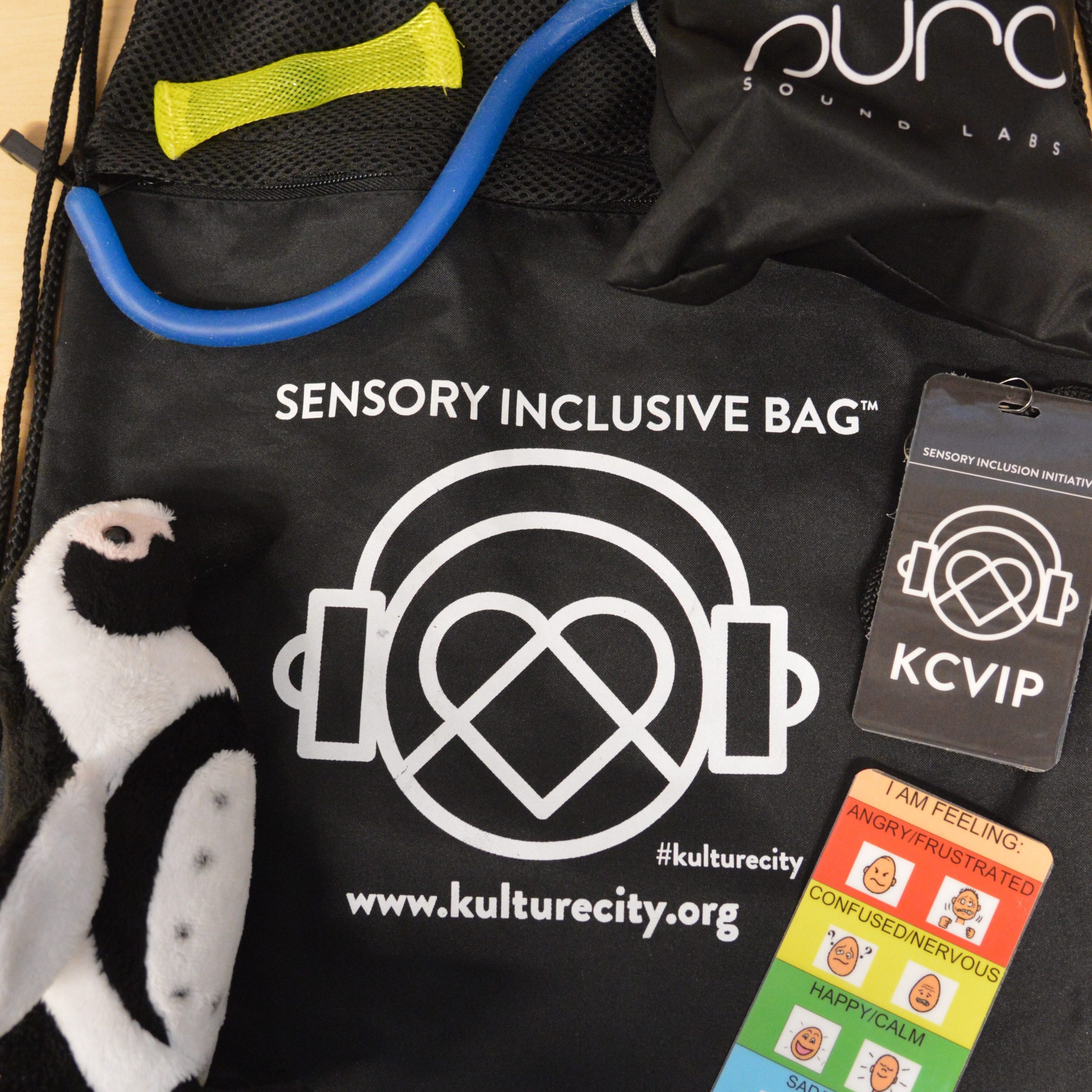
There are items in the Sensory Bag that could help you stay calm. You can use noise cancelling headphones if it gets too loud. There are fidget toys and plush toys to help you enjoy your visit.
Atrium
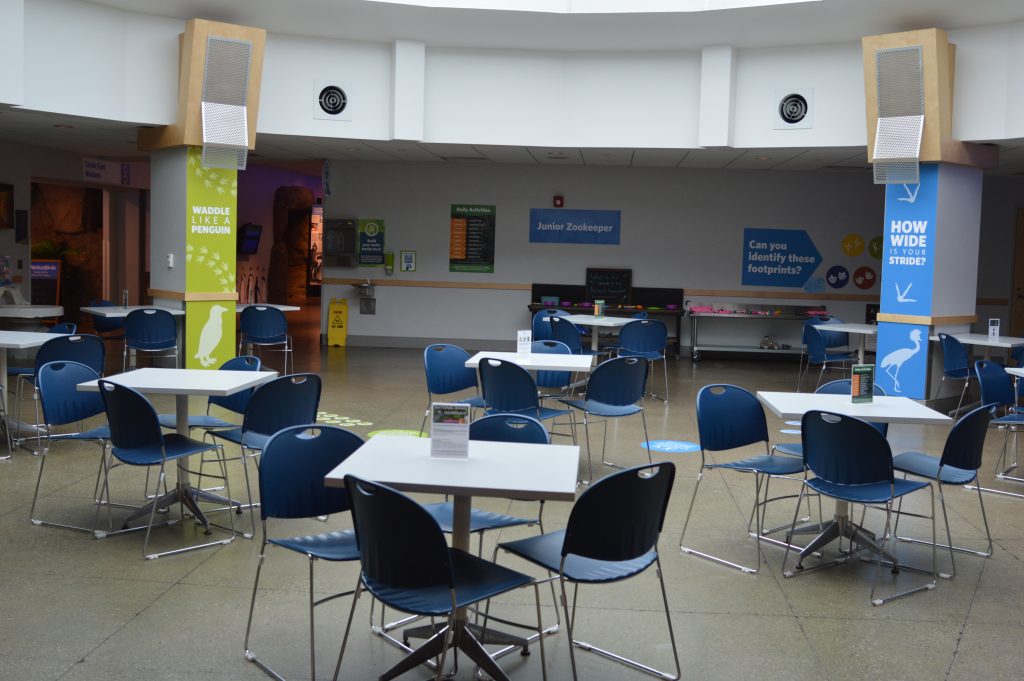
In the Atrium, you may experience bright light from the windowed dome. There are tables and seating to eat, drink, and rest. You may experience loud noises as visitors gather to dine in this area.
Dining
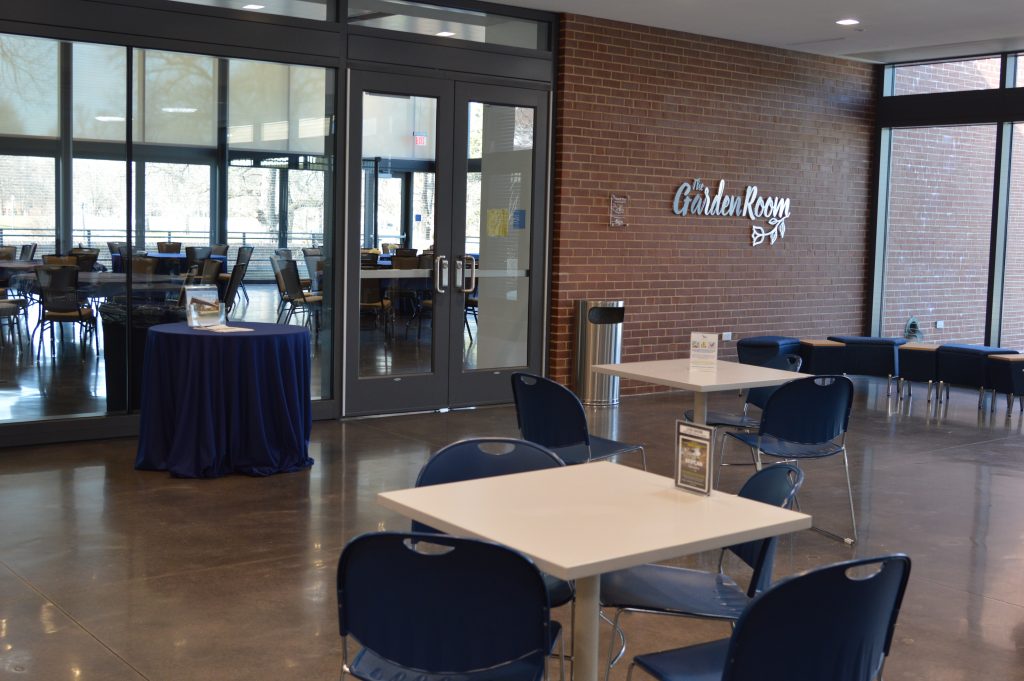
Guests are welcome to bring in outside food but should be aware that there are no refrigerators or microwaves on the premises. Seating can be found in The Garden Room Lobby located at the end of The Charity Randall Foundation Eagle Hall. Atria’s is serving drinks and grab-and-go items daily from 10 am to 4 pm. Warm up with a cup of coffee and enjoy a quick light bite.
Staff and Volunteers
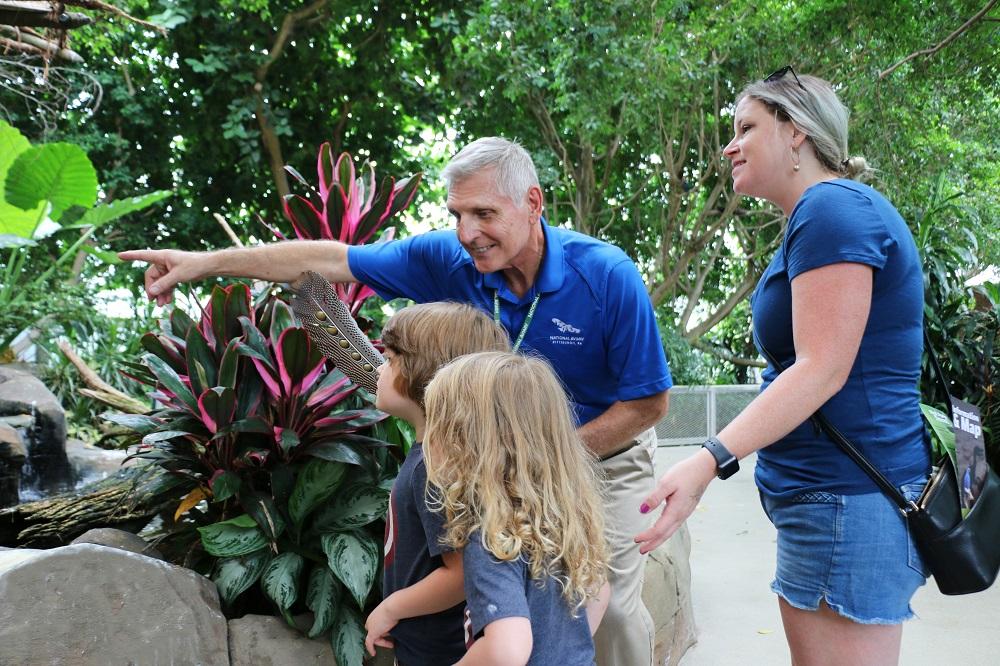
If you have questions or need help, you can ask a staff member or volunteer. They wear blue shirts with the National Aviary logo on it. They will also have nametags on.
Restrooms
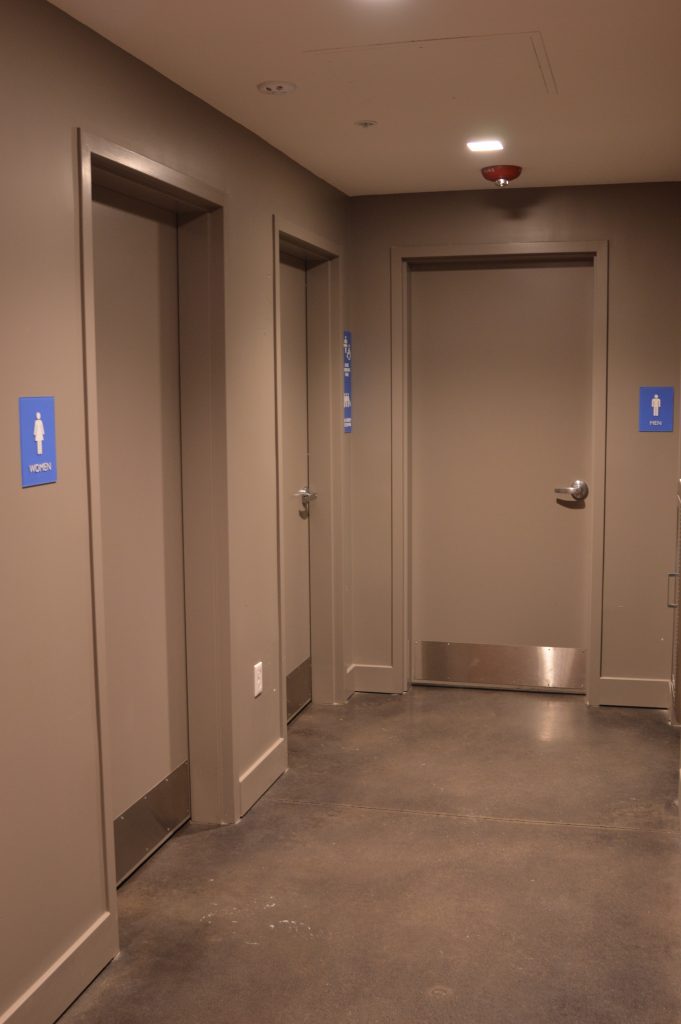
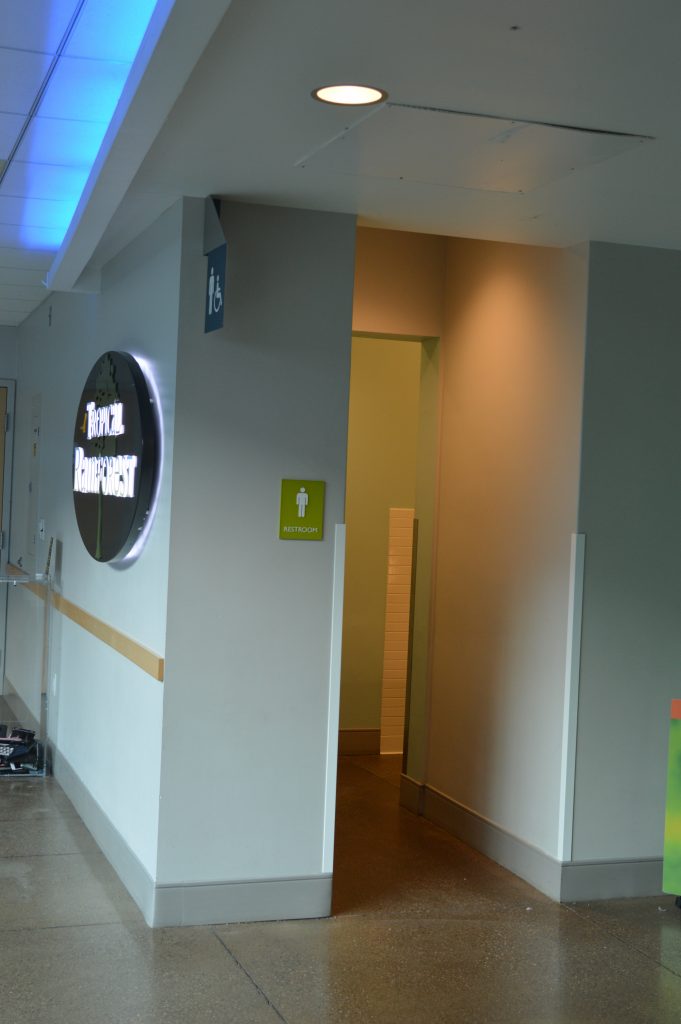
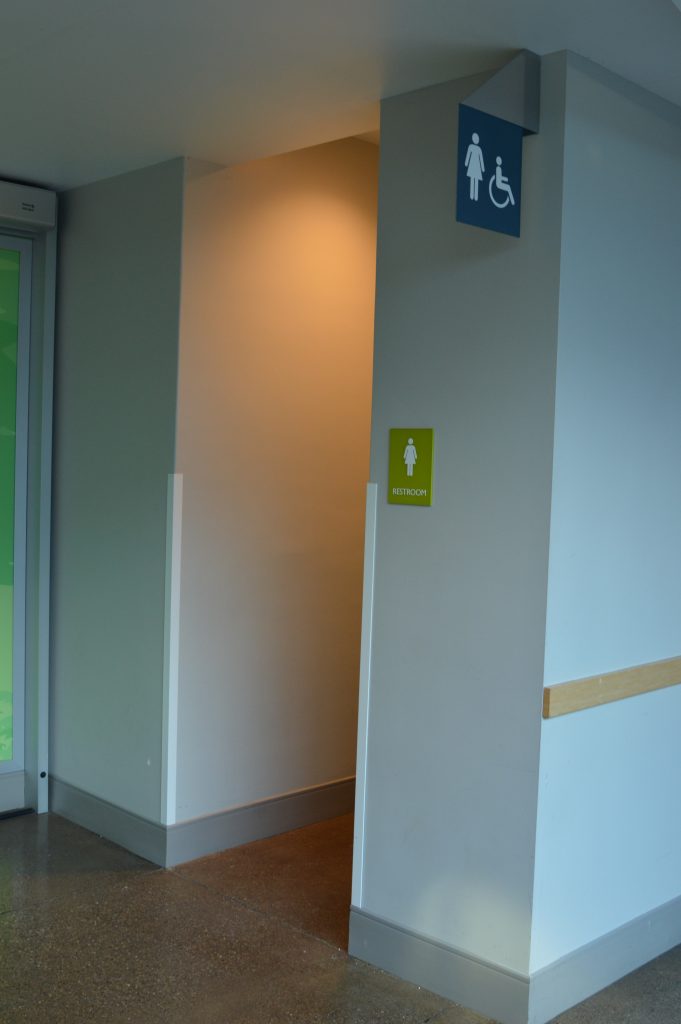
Our restrooms are ADA-accessible. They can be found in the Atrium by the entrance to the Tropical Rainforest. They may be loud, with automatic flush toilets and an electric hand dryer. Restrooms, including an all-gender restroom with an adult changing table, can be found in The Garden Room, located at the end of The Charity Randall Foundation Eagle Hall.
Habitats
-
Canary’s Call Presented by Dollar Bank

You can expect loud noises from our flock of Rainbow Lorikeets which vocalize frequently. It is also home to a colony of fruit bats which can cause a strong smell. It is a low-light area with lighted photos and signage. There are benches to sit and rest.
-
Condor Court

Condor Court is an outdoor habitat. The pathway in this area is unpaved. There are benches to sit and rest.
-
Grasslands

The Grasslands is an indoor habitat where you may experience an element of surprise as small birds fly close to visitors, experience bird droppings from above, or encounter smells from the birds. There is a bench to sit and rest.
-
Penguin Point

Penguin Point is a 360-degree habitat that can be experienced indoors and outdoors. Indoors, you may encounter low light conditions. Penguin Tunnels have low ceilings for kids to explore. The tunnels are ADA compliant and can fit a wheelchair. There are benches to sit and rest. You may encounter smells from the colony of penguins that eat fish, especially in the outdoor areas. There may be sudden loud noises from colony members. If you stand close to the pool outside, you may get splashed by an African Penguin swimming close by.Y
-
Tropical Rainforest

The Tropical Rainforest is an indoor habitat. This room can be loud, and birds in this room are free-flying and may fly or walk close to you. You may encounter scents from the birds. You may experience bird and water droppings from above. This room can also be very bright because of the glass paneled ceiling. There is a 15 foot waterfall and you may hear the water splash along the rocks.
-
The Wetlands

You can see some of your favorite Wetlands birds, like flamingos, during Wonderful Waterbirds, a daily activity included with admission!
-
The Charity Randall Foundation Eagle Hall

The Charity Randall Foundation Eagle Hall is home to two eagle species. At the end of the hall, is Treetops Presented by Peoples. This area can be bright because of the large glass windows. There are several benches to sit and rest. You may even hear the eagles vocalize.

